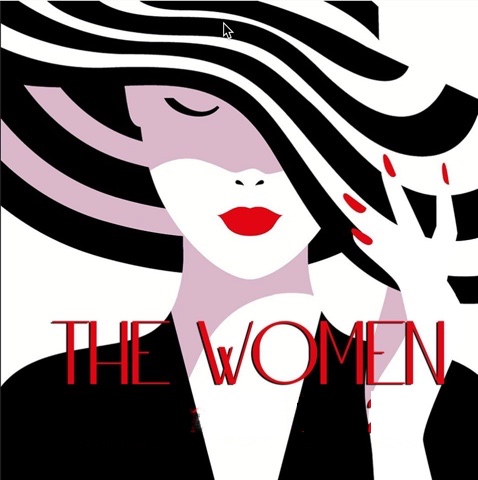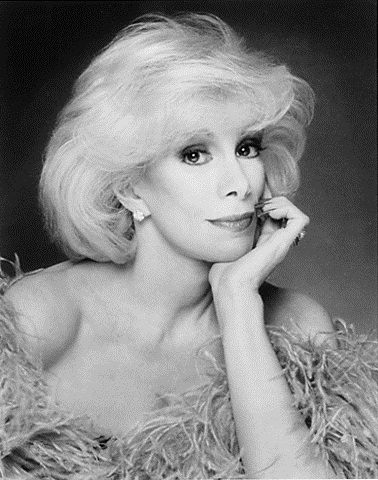In movies and TV, women are understandably tired of playing roles like the “Wife” or the “Girlfriend”. Nowadays we’re seeing more women in film and TV but has their role in the production really changed all that much? That’s what the Bechdel test is all about. It’s not a test per se but rather a few questions to help you determine whether the women in that movie, TV show, play, or book are characters with agency, or are just there to fill out the background for what the male characters do. In this episode I talk with Bard professor Wendy Urban-Mead about this Bechdel test and what it says about Shakespeare’s plays and a play that she’s appearing in called “The Women”, a play featuring 35 female characters and has no male roles. Does it pass the Bechdel test?
Ep 338: What Role Are Women Really Playing? The Bechdel Test





Thoth
November 21, 2019I think the Bechdel Test is a fundamentally flawed test as art is so multi-dimension and nuanced that reducing it to an overly simplistic, as the complexity and themes within the characters may outshine any surface-level and inaccurate litmus test that has a high failure rate.
For instance, Zora Neale Hurston‘s Their Eyes Were Watching God probably doesn’t pass despite being a pivotal work in feminist literature that explores the role of black women in society, what it means for people to have a meaningful relationship. Additionally, works that study individuals-whether male or female-or ones that focus on isolation, individual struggles, or survival most likely won’t pass.
It’s a weak test as it’s confused what it’s measuring and ignores too many factors to be trustworthy